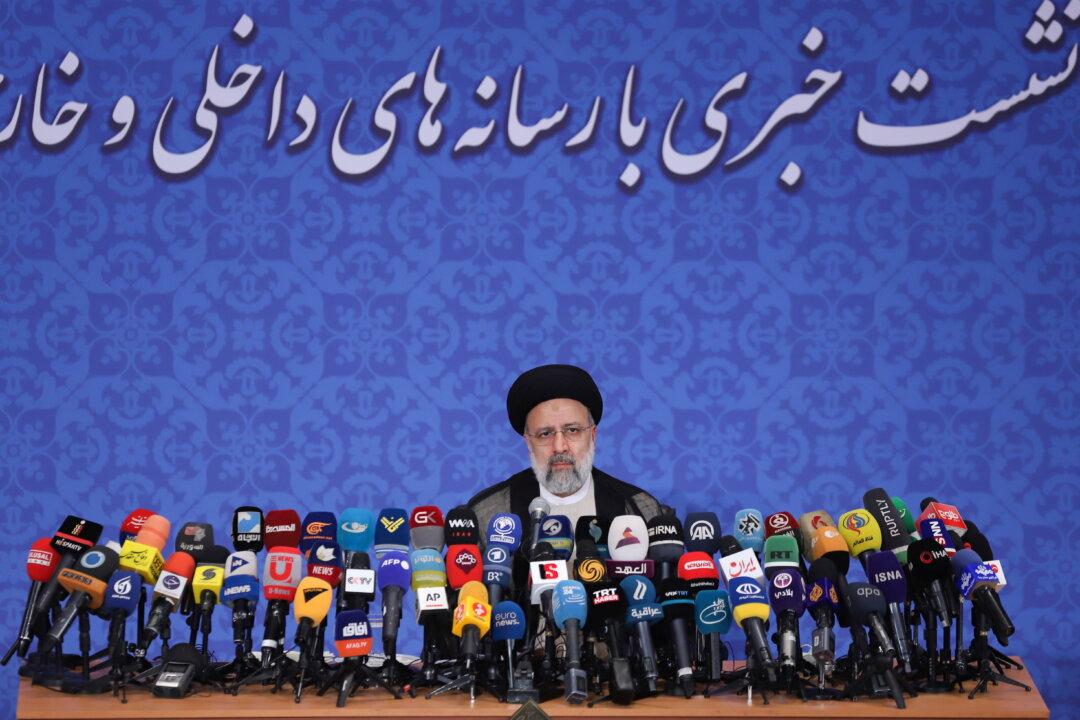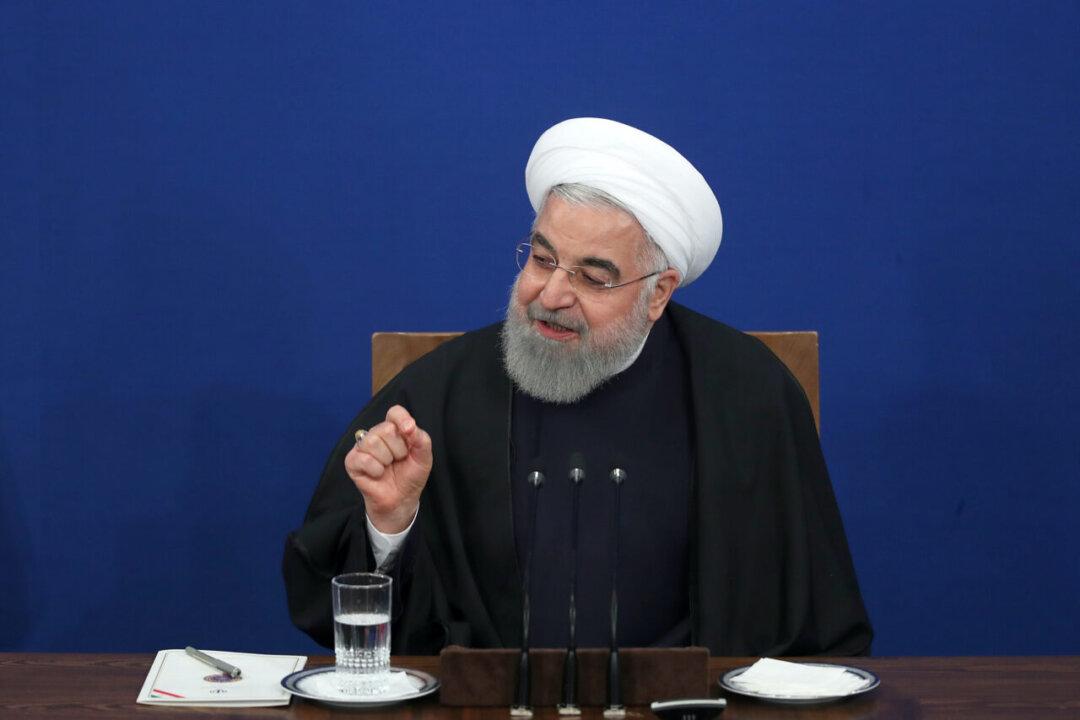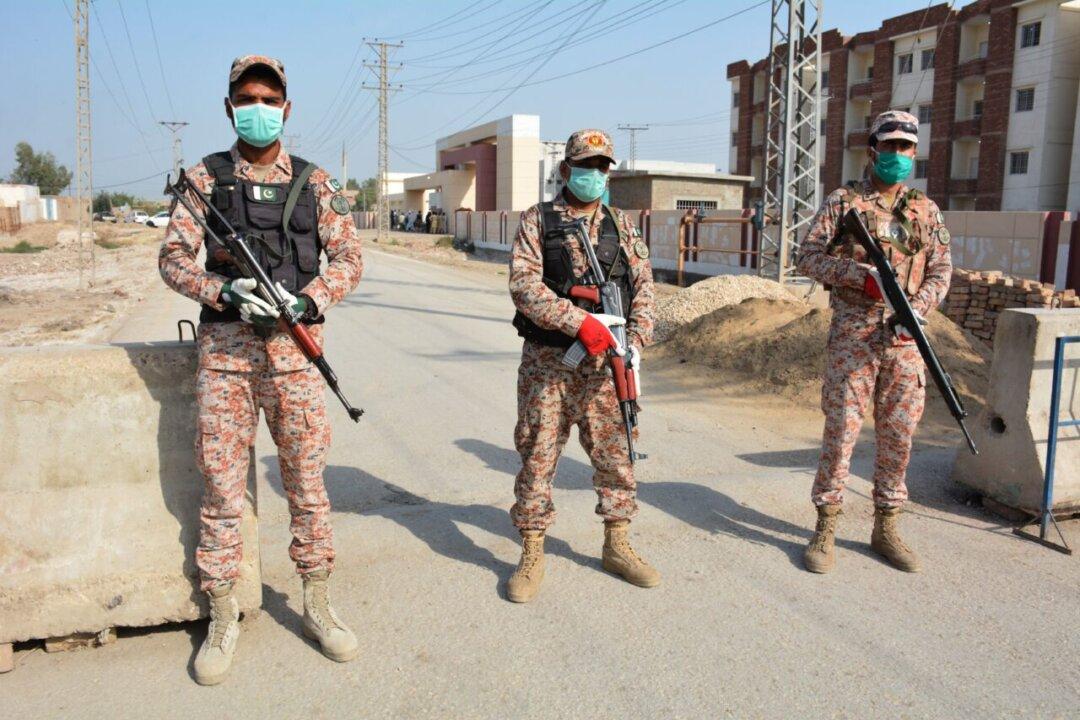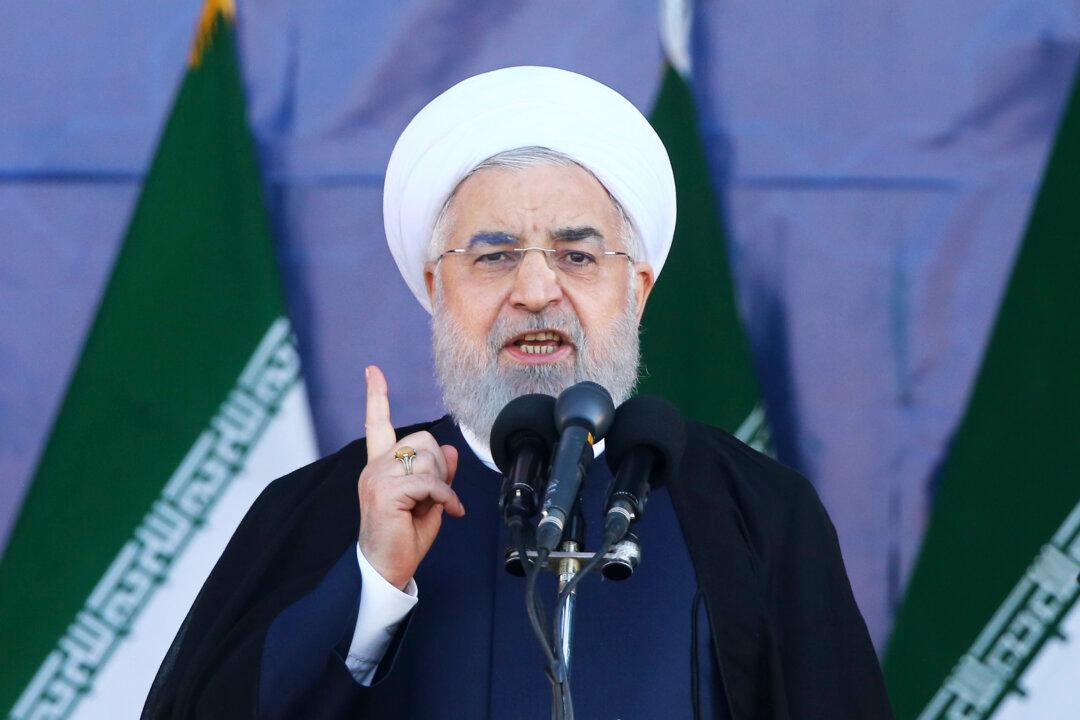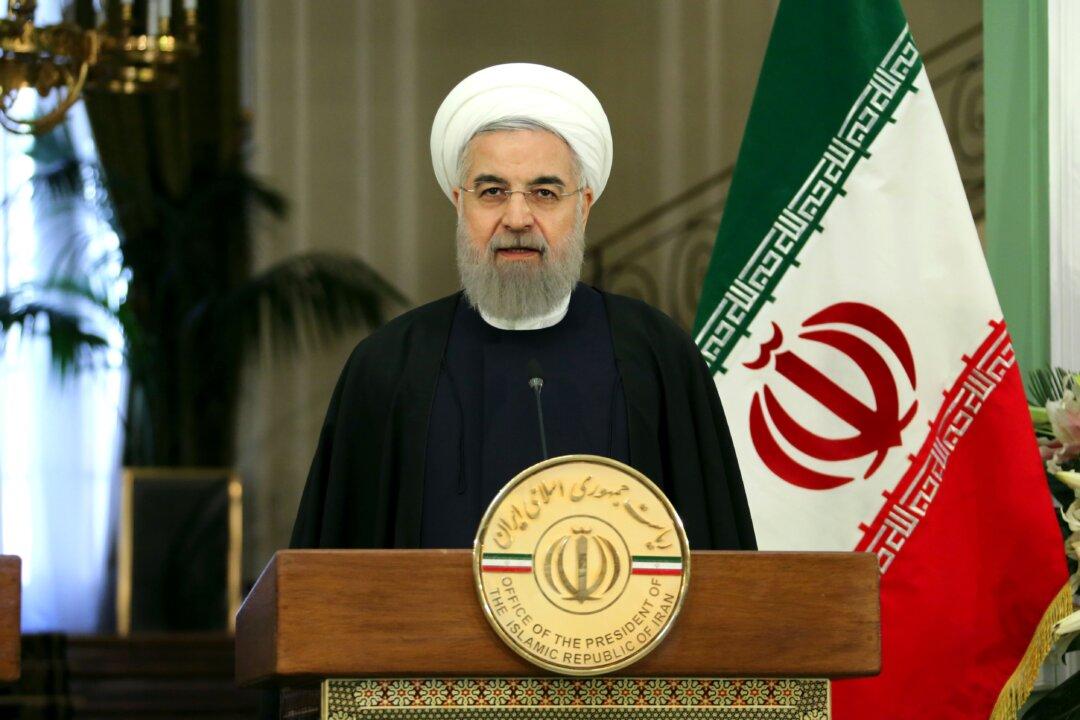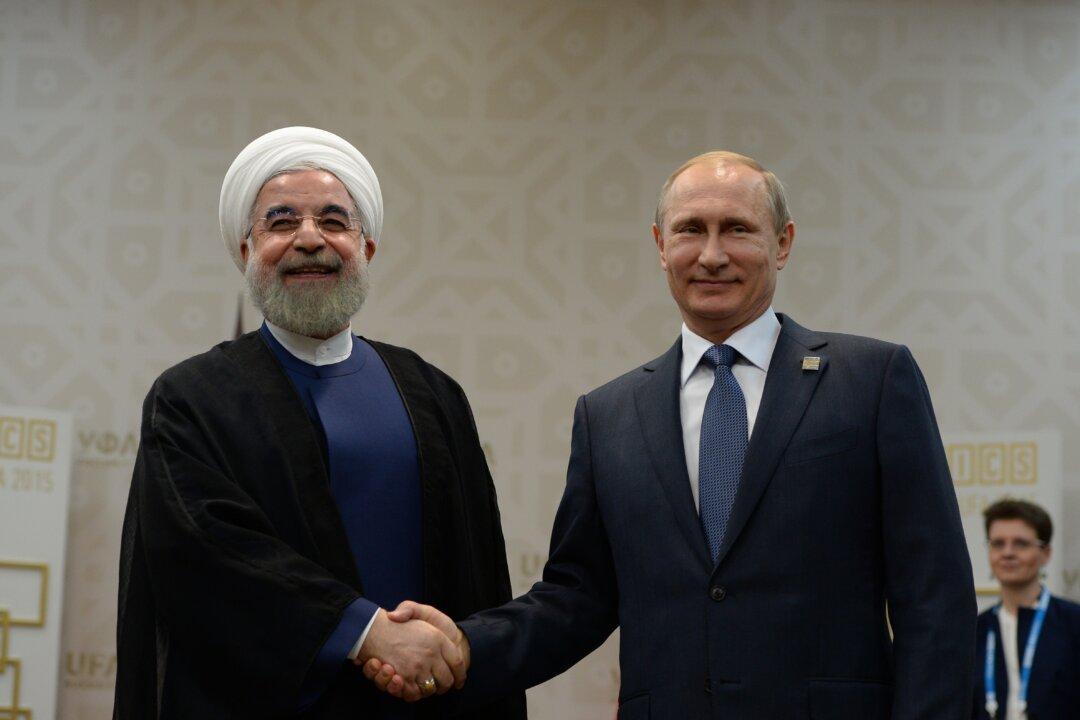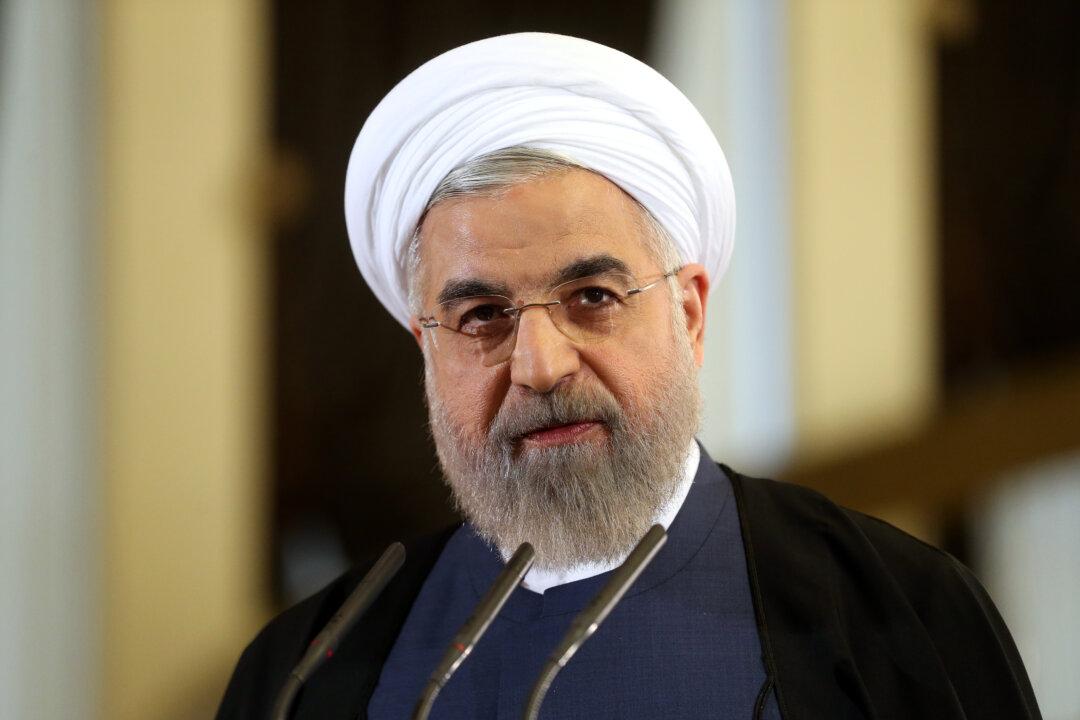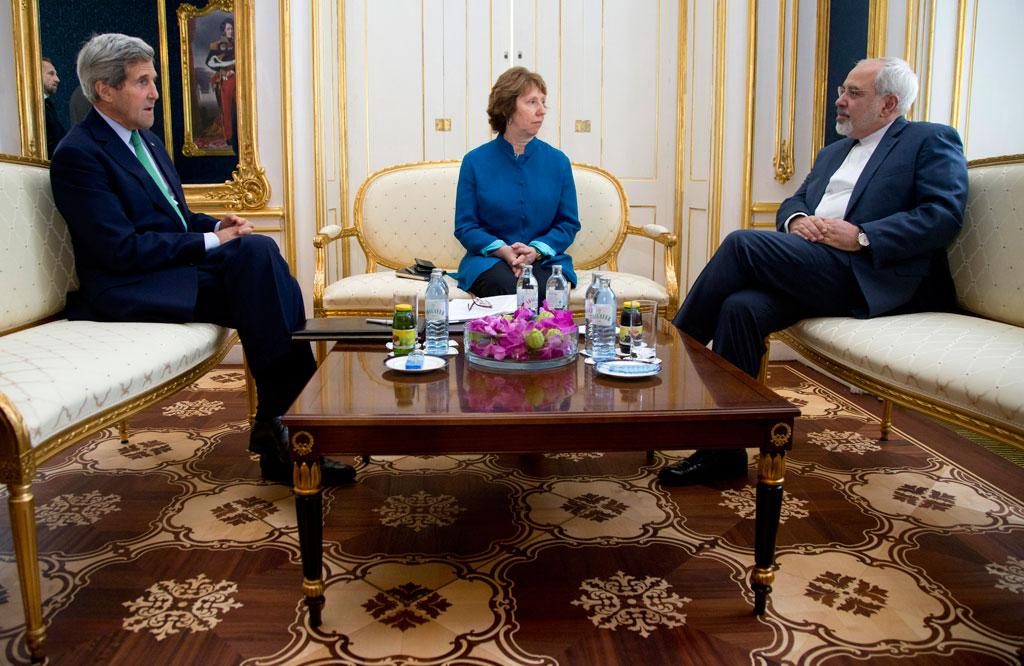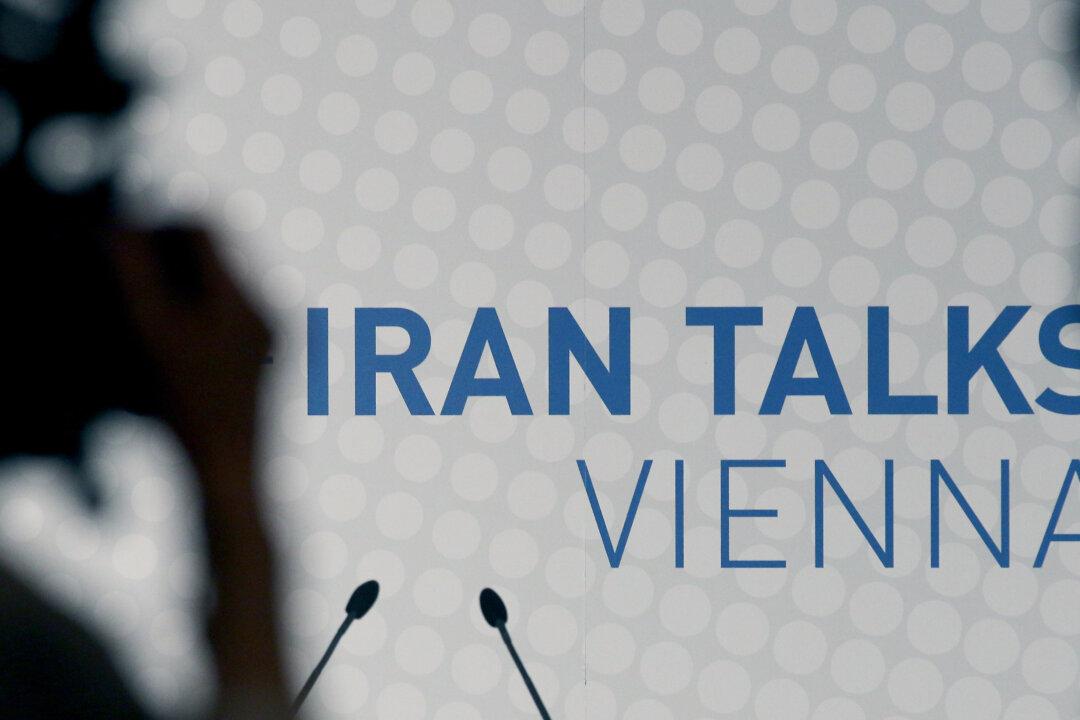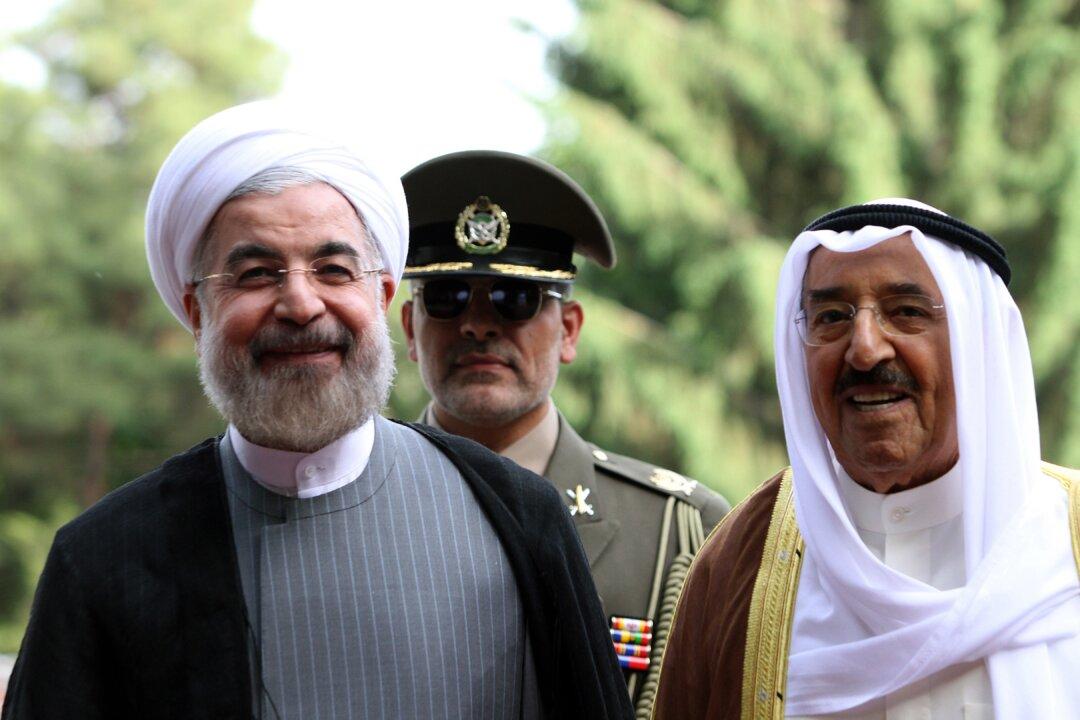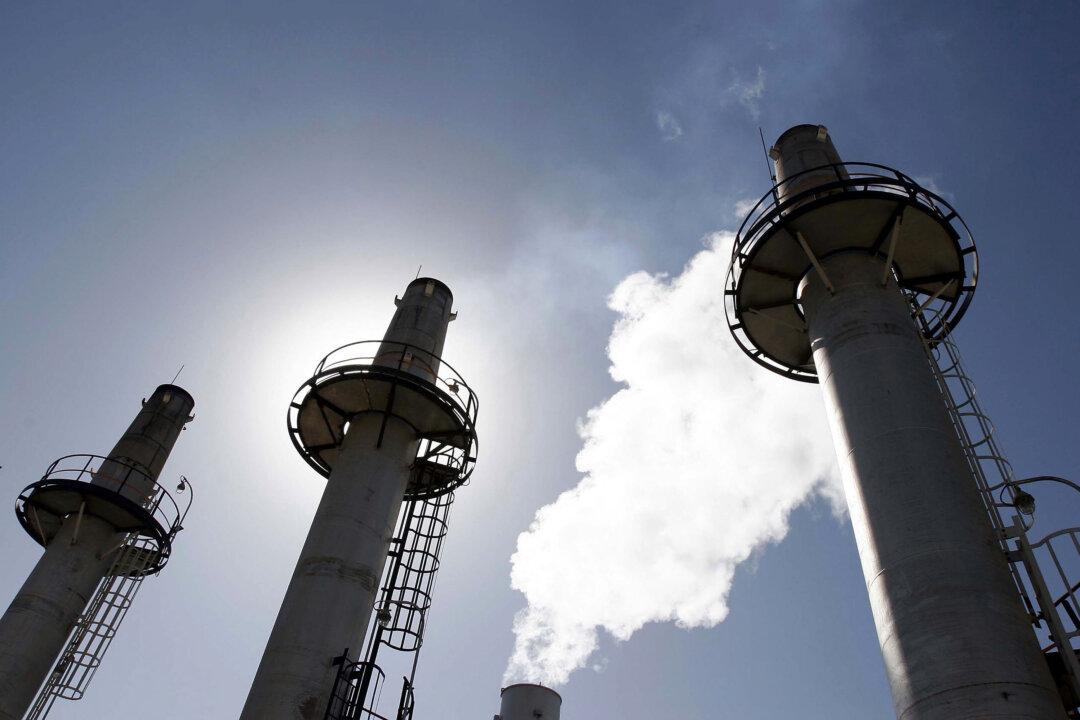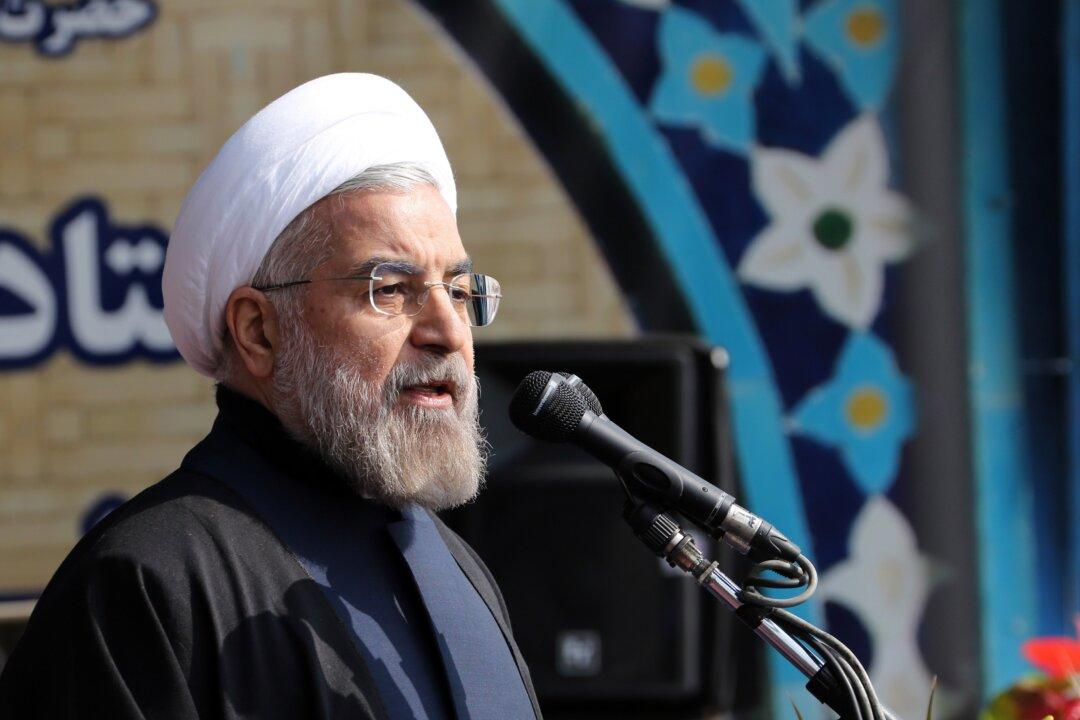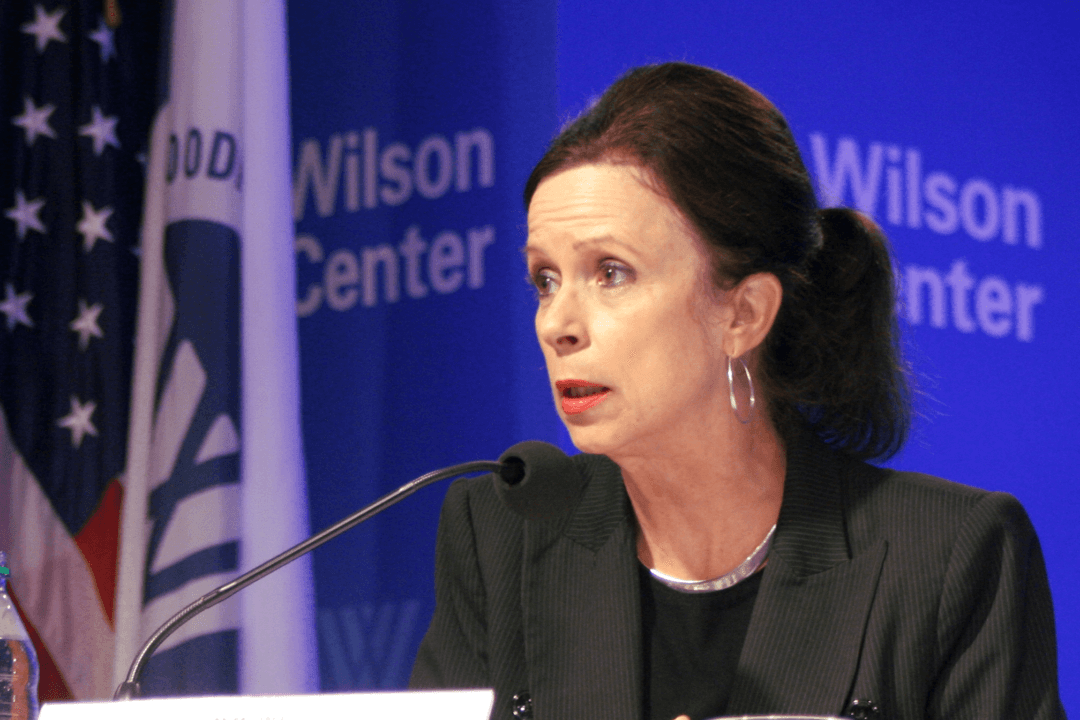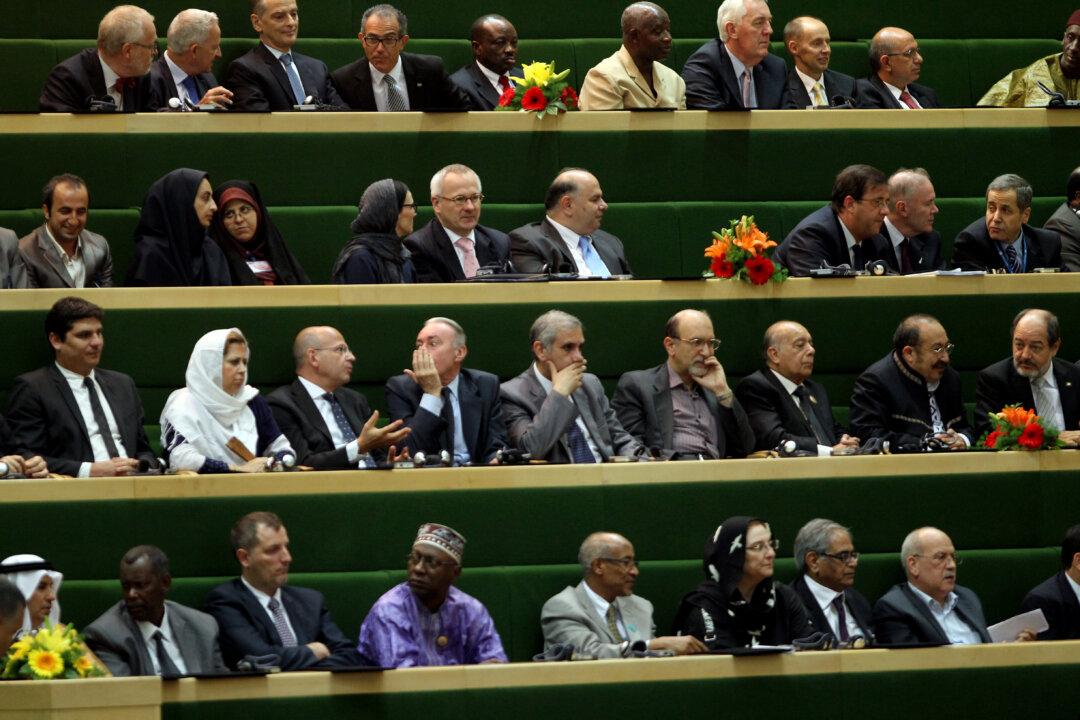Focus
Hassan Rouhani
LATEST
The Saudi-Iranian Crisis Reveals a Deep Power Struggle in Tehran
Ever since Saudi Arabia’s execution of Shia dissident Nimr al-Nimr was met with violent protests at the Saudi embassy in Iran, the two already hostile countries have been at diplomatic loggerheads.
|
Russia’s Putin in Iran for Talks Set to Focus on Syria
Russian President Putin visited Tehran on Monday for talks with Iranian leaders that focused on the Syrian crisis and an international peace plan intended to end the conflict.
|
Russian Cooperation With Iran and Iraq Has Broader Consequences Than Saving Assad
The sudden launch of Russia’s military operations in Syria late last month caught the United States and regional players by surprise.
|
Iran’s President Rouhani Sends Message for Jewish New Year
Iran’s President Hassan Rouhani sent greetings to the Jewish people on the occasion of Rosh Hashana, the Jewish new year
|
US-Iran Talks Haunted by History
Bill Clinton tried. So did George W. Bush. Neither succeeded. As President Barack Obama’s own second term winds down, he is getting closer than either of his immediate predecessors to the goal of improving U.S. relations with Iran. But he’s not there yet, and plenty stands in the way, including a messy and brutal conflict in Iraq and Syria.
|
Iran President Pledges to Help Iraq Fight Islamic State
Iran’s President Hassan Rouhani says Iran will stand by its neighbor Iraq in its fight against the Sunni extremists of the Islamic State group.
|
What’s at Stake in Iran Nuclear Talks?
An Iranian nuclear agreement is the Obama administration’s grandest foreign policy objective, a legacy-defining endeavor that holds the prospect of ending the gravest potential threat to Israel and the Middle East and reintegrating Iran into the world community.
|
Rouhani’s Saudi Challenge
This week’s visit to Tehran by the Kuwaiti emir, Sheik Sabah al-Ahmad al-Sabah, is about more than Iranian-Kuwaiti relations.
|
Prospects for an Iran Nuclear Agreement
Both the United States and Iran feel pressure to conclude the agreement by the July 20 deadline. Failure to do so could open up a risky competitive cycle of new sanctions.
|
Who Makes Tehran’s Arab Policy?
Geography alone should make the Arab world Iran’s key foreign policy focus. Of Iran’s 13 immediate neighbors, seven are Arab countries.
|
Should the US Believe in Iran and Rouhani’s ‘Charm Offensive’?
The prospects that Iran’s new president Hassan Rouhani will be more successful than past presidents are discussed by two scholars. The Supreme Leader has also given his blessing for Rouhani to proceed.
|
The Saudi-Iranian Crisis Reveals a Deep Power Struggle in Tehran
Ever since Saudi Arabia’s execution of Shia dissident Nimr al-Nimr was met with violent protests at the Saudi embassy in Iran, the two already hostile countries have been at diplomatic loggerheads.
|
Russia’s Putin in Iran for Talks Set to Focus on Syria
Russian President Putin visited Tehran on Monday for talks with Iranian leaders that focused on the Syrian crisis and an international peace plan intended to end the conflict.
|
Russian Cooperation With Iran and Iraq Has Broader Consequences Than Saving Assad
The sudden launch of Russia’s military operations in Syria late last month caught the United States and regional players by surprise.
|
Iran’s President Rouhani Sends Message for Jewish New Year
Iran’s President Hassan Rouhani sent greetings to the Jewish people on the occasion of Rosh Hashana, the Jewish new year
|
US-Iran Talks Haunted by History
Bill Clinton tried. So did George W. Bush. Neither succeeded. As President Barack Obama’s own second term winds down, he is getting closer than either of his immediate predecessors to the goal of improving U.S. relations with Iran. But he’s not there yet, and plenty stands in the way, including a messy and brutal conflict in Iraq and Syria.
|
Iran President Pledges to Help Iraq Fight Islamic State
Iran’s President Hassan Rouhani says Iran will stand by its neighbor Iraq in its fight against the Sunni extremists of the Islamic State group.
|
What’s at Stake in Iran Nuclear Talks?
An Iranian nuclear agreement is the Obama administration’s grandest foreign policy objective, a legacy-defining endeavor that holds the prospect of ending the gravest potential threat to Israel and the Middle East and reintegrating Iran into the world community.
|
Rouhani’s Saudi Challenge
This week’s visit to Tehran by the Kuwaiti emir, Sheik Sabah al-Ahmad al-Sabah, is about more than Iranian-Kuwaiti relations.
|
Prospects for an Iran Nuclear Agreement
Both the United States and Iran feel pressure to conclude the agreement by the July 20 deadline. Failure to do so could open up a risky competitive cycle of new sanctions.
|
Who Makes Tehran’s Arab Policy?
Geography alone should make the Arab world Iran’s key foreign policy focus. Of Iran’s 13 immediate neighbors, seven are Arab countries.
|
Should the US Believe in Iran and Rouhani’s ‘Charm Offensive’?
The prospects that Iran’s new president Hassan Rouhani will be more successful than past presidents are discussed by two scholars. The Supreme Leader has also given his blessing for Rouhani to proceed.
|

